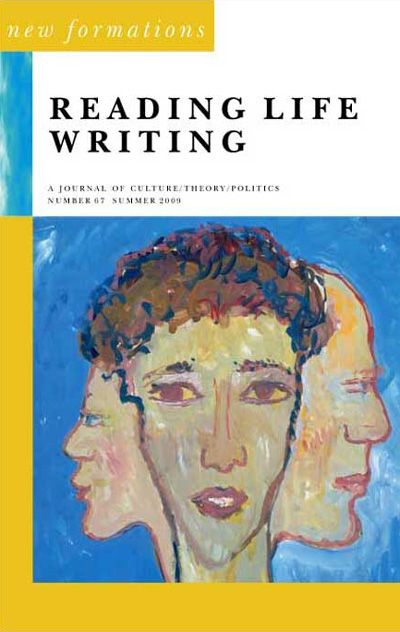
Hannah Arendt's testimony: judging in a lawless world
New Formations - Print ISSN 0950-2378 - Online ISSN 1741-0789
Volume 2009 Number 67
Hannah Arendt's testimony: judging in a lawless world
Lyndsey Stonebridge
Abstract
Lyndsey Stonebridge discusses the interpretative questions raised by Eichmann in Jerusalem: A Report on the Banality of Evil, Hannah Arendt’s irreverent account of the 1961 Eichmann trial. Arendt’s mordant humour and refusal of pathos was seen by many as inappropriately out of tune with an emerging politics of memory and testimony. Stonebridge places her ‘refusal to inhabit a rhetoric of trauma’ within Arendt’s larger concern with ways to think about judgement and responsibility during the 1960s and 1970s. In particular she targets Arendt’s ‘apparent repudiation of the transformative power of the testimonies of surviving witnesses’ - an issue at the centre of post-Holocaust ethics.
SORRY - you are not registered as being permitted online access to the full text of this article
You have the following options:
- If you are viewing this via an institution or academic library you can ask that your institution takes out a Subscription to this journal.
- If you already have a Personal Subscription please login below
Forgotten your username / password? Click here to locate
- Purchase an annual Personal Subscription
PRINT + DIGITAL personal subscription (£45 / year)
DIGITAL personal subscription (£30 / year)
A Personal Subscription provides immediate access not only to the single article you are seeking, but also to all past and future articles in this journal up to the expiry of your annual (calendar year) subscription. - Purchase immediate access to this single article (UK£7.00) - Buy article Coming Soon
To cite this article
Lyndsey Stonebridge (2009) Hannah Arendt's testimony: judging in a lawless world, New Formations, 2009(67)
